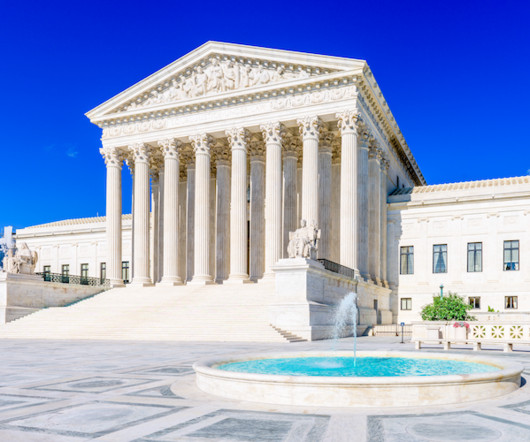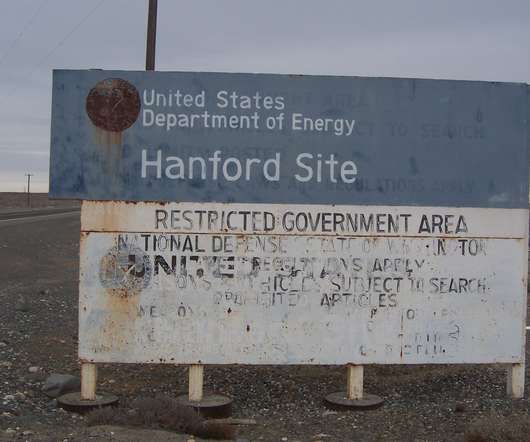Supreme Court Hears Challenge to EPA’s Good Neighbor Rule
Constitutional Law Reporter
MARCH 5, 2024
Supreme Court heard oral arguments in four cases last week. One of the most closely watched is Ohio v. While the case centers on the EPA’s regulation of interstate air pollution under the Clean Air Act, the issues before the Court are largely procedural. Environmental Protection Agency , which challenges the U.S.

















Let's personalize your content